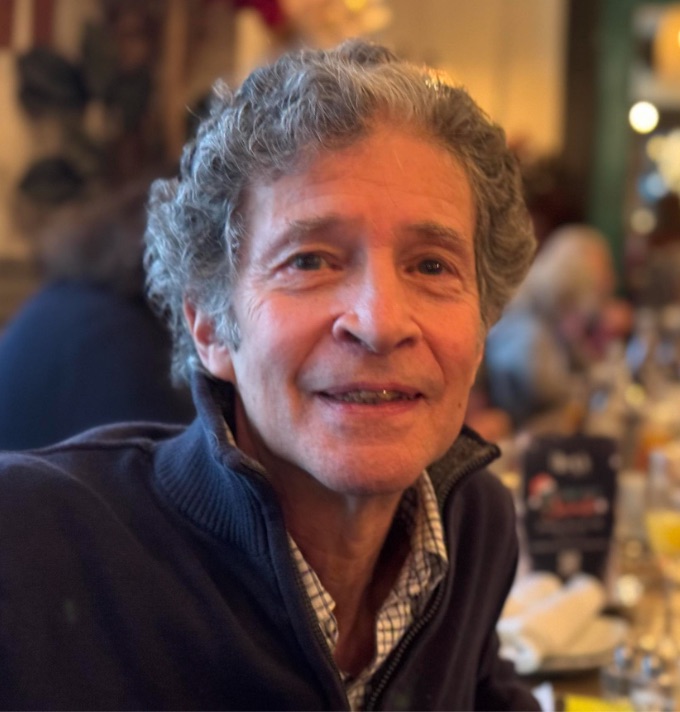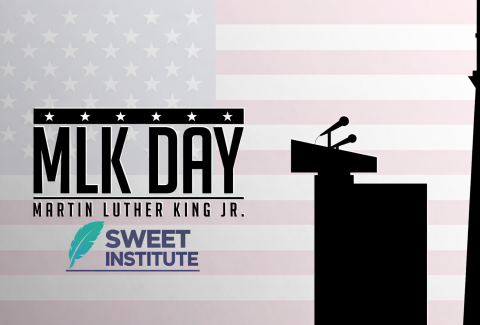Stuart Aaronson’s Life and Legacy of: A Journey in Social Work and Mental Health Advocacy
Introduction
Stuart Aaronson’s career is a testament to a lifelong dedication to social work, mental health advocacy, and community engagement. From his early involvement in group dynamics at Brandeis University to becoming a key figure in the fight against homelessness and mental illness, Stuart’s journey is marked by leadership, resilience, and a commitment to social justice. His experiences—spanning roles from paraprofessional counselor to administrator at Harlem Hospital—reflect a broad and impactful career in human services.
The Early Years: Community Engagement and Psychotherapy
Stuart’s interest in human behavior and social systems began during his time at Brandeis University, where he majored in sociology. His participation in encounter groups, theater, and activism against the Vietnam War helped shape his understanding of group dynamics and the interplay between feelings and behavior. These experiences laid the groundwork for his decision to pursue a career in social work, where he hoped to integrate community engagement with psychological support.
His early career on Cape Cod, where he worked as a paraprofessional counselor and hotline director, introduced him to the power of therapeutic intervention. This exposure to the direct impact of mental health services on vulnerable populations inspired him to apply to Fordham University’s MSW program. Although initially drawn to psychotherapy, Stuart soon found himself disillusioned with the curriculum, leading him to pivot towards research. This shift, as he would later realize, proved instrumental in shaping his future roles in mental health administration and policy advocacy.
Advocacy and Leadership: Runaway Youth and HIV/AIDS Initiatives
One of Stuart’s most notable early positions was as the Executive Director of the Runaway and Homeless Youth Advocacy Project. In this role, he became a spokesperson and lobbyist for youth in crisis, working on behalf of runaway and homeless populations in New York City. His advocacy extended beyond individual cases, as he sought to influence policy at both state and national levels. Stuart’s leadership in this area aligned with his broader commitment to supporting marginalized communities, a theme that would persist throughout his career.
Later, Stuart’s work took a significant turn when he joined Harlem Hospital, leading a grant-funded project aimed at supporting families affected by HIV and AIDS. His research background, which had been cultivated during his time studying adolescent suicide, equipped him to evaluate the program’s effectiveness. Under his direction, the initiative provided critical services to children, parents, and caregivers affected by the epidemic. The project, which focused on both emotional support and practical assistance, exemplified Aaronson’s holistic approach to mental health care, emphasizing both individual healing and systemic change
The SWEET Institute: A New Chapter in Continuing Education
In recent years, Stuart has found a new professional home at the SWEET Institute, where he continues his commitment to lifelong learning and community building. SWEET Institute’s mission aligns closely with Stuart’s values, particularly its focus on empowering mental health professionals through education and consciousness-raising instruction. Stuart speaks highly of the Institute’s approach, noting that it fosters a family-like atmosphere among colleagues while pushing the boundaries of traditional mental health training.
Stuart explained how the SWEET Institute’s emphasis on integrating art, mindfulness, and innovative therapeutic techniques into clinical practice mirrors his belief in the importance of creativity and listening in the therapeutic process—values he cultivated during his time in youth theater and group counseling. By combining rigorous education with emotional and creative exploration, he finds that the SWEET Institute offers a model of professional development that resonates deeply with his career-long focus on holistic, compassionate care.
Challenges and Personal Growth: Navigating Career and Family
Stuart’s professional accomplishments are paralleled by personal challenges that tested his resilience and adaptability. One of the most difficult periods in his life came during his divorce when he found himself juggling the demands of a high-pressure administrative role at Harlem Hospital with the responsibilities of raising two young children on his own. The expectations placed on him as a hospital administrator—where his sole focus was expected to be on the institution—clashed with his need to provide a stable and nurturing home environment.
This period was marked by emotional turmoil and professional strain, yet Stuart emerged from it with a deeper understanding of the importance of balance and self-care. His ability to maintain his career while prioritizing his family’s well-being is a testament to his strength and commitment as a father and mental health professional.
Progressive Politics and Community Advocacy in Retirement
Since his retirement from Harlem Hospital, Stuart has returned to his early passion for progressive political work. He has been actively involved in canvassing for political causes, participating in peaceful demonstrations, and advocating for environmental justice through his work with organizations like WE ACT. His commitment to social justice, which began during the civil rights movements of the 1960s, continues to drive his involvement in causes that affect marginalized communities, particularly those impacted by climate change and systemic inequality. One of his most notable current endeavors is his work with Neighbors for a Greener Harlem, an organization focused on building relationships between diverse communities and fostering environmental stewardship. His leadership in initiatives like community gardening and composting reflects his belief in the power of local, grassroots action to create lasting social change.
A Lifelong Commitment to Learning and Listening
Throughout his career, Stuart has been guided by a profound respect for the therapeutic process, particularly the art of listening. He cites Carl Rogers as a key influence, noting that Rogers’ emphasis on empathy and genuine understanding has shaped his approach to both therapy and leadership. Stuart’s belief in the importance of “not knowing”—of approaching each client and colleague with curiosity and openness—has been a defining characteristic of his work. This philosophy has also informed his advocacy for group therapy and support groups, which he sees as invaluable tools for fostering connection and healing. Having spent years in both professional and personal support groups, Stuart is a strong proponent of the therapeutic benefits of shared experience and mutual understanding.
Conclusion: Stuart Aaronson’s Enduring Impact
Stuart Aaronson’s career in social work, mental health advocacy, and political activism spans decades of service, leadership, and personal growth. From his early days on Cape Cod to his current role as a student advisor at Columbia University, Stuart’s work has been characterized by a deep commitment to supporting vulnerable populations and fostering community engagement. His contributions to the fields of social work and mental health have left a lasting legacy, not only through his professional achievements but also through the countless lives he has touched along the way.
In reflecting on his career, Stuart’s words serve as a powerful reminder of the value of empathy, resilience, and lifelong learning. Whether working in the trenches of hospital administration or marching in support of social justice, Stuart has consistently exemplified the qualities of a true advocate—one who listens, learns, and acts in service of a better world.
Stuart Aaronson, LCSW-R, is a highly experienced social worker with over 40 years in the field of mental health. He has held leadership positions at Harlem Hospital Center, where he oversaw outpatient, substance abuse, and emergency psychiatry programs, ensuring compliance with national standards and leading innovative service development. He is currently a part-time Adjunct Lecturer and Student Advisor at Columbia School of Social Work, where he mentors Master’s students. Stuart has also served as Executive Director of the Runaway and Homeless Youth Advocacy Project and a Research Scientist at Columbia University. His academic achievements include an MSW from Fordham University and advanced doctoral studies at Columbia University.







